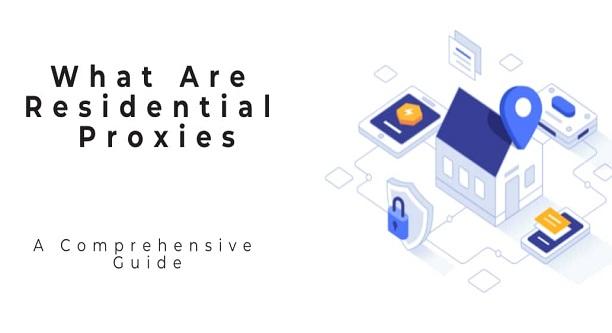The Web
Are residential proxies good? Get More Details

Residential proxies can be useful in certain situations, but whether or not they are “good” depends on your specific needs and use case.
Residential proxies are IP addresses that are associated with a physical location, such as a home or apartment. They are typically provided by an Internet Service Provider (ISP) and can be used to route internet traffic through a specific location.
Here are some potential advantages and disadvantages of using residential proxies:
Advantages:
- Residential proxies can provide a high level of anonymity, since they are associated with real internet users rather than data center servers.
- They can be useful for web scraping or data mining, since they can make it appear as though requests are coming from different locations.
- Residential proxies can help bypass geolocation restrictions, allowing you to access content that is otherwise unavailable in your location.
Disadvantages:
- Residential proxies can be more expensive than data center proxies, since they require renting or buying IP addresses from ISPs.
- They can also be less reliable, since they are subject to the same connectivity issues as regular residential internet connections.
- There is a risk of getting blocked or banned by websites or services that detect proxy usage.
In summary
Residential proxies can be a useful tool in certain situations, but it’s important to carefully consider your needs and the potential drawbacks before deciding whether to use them.



